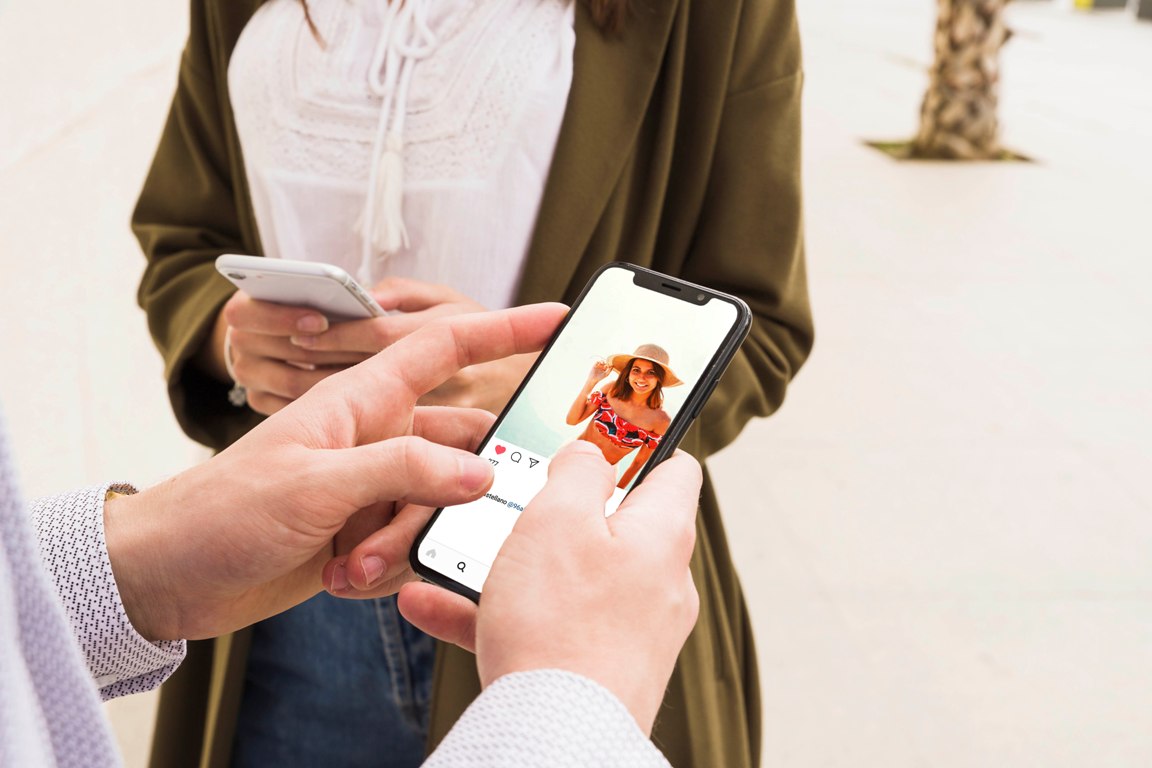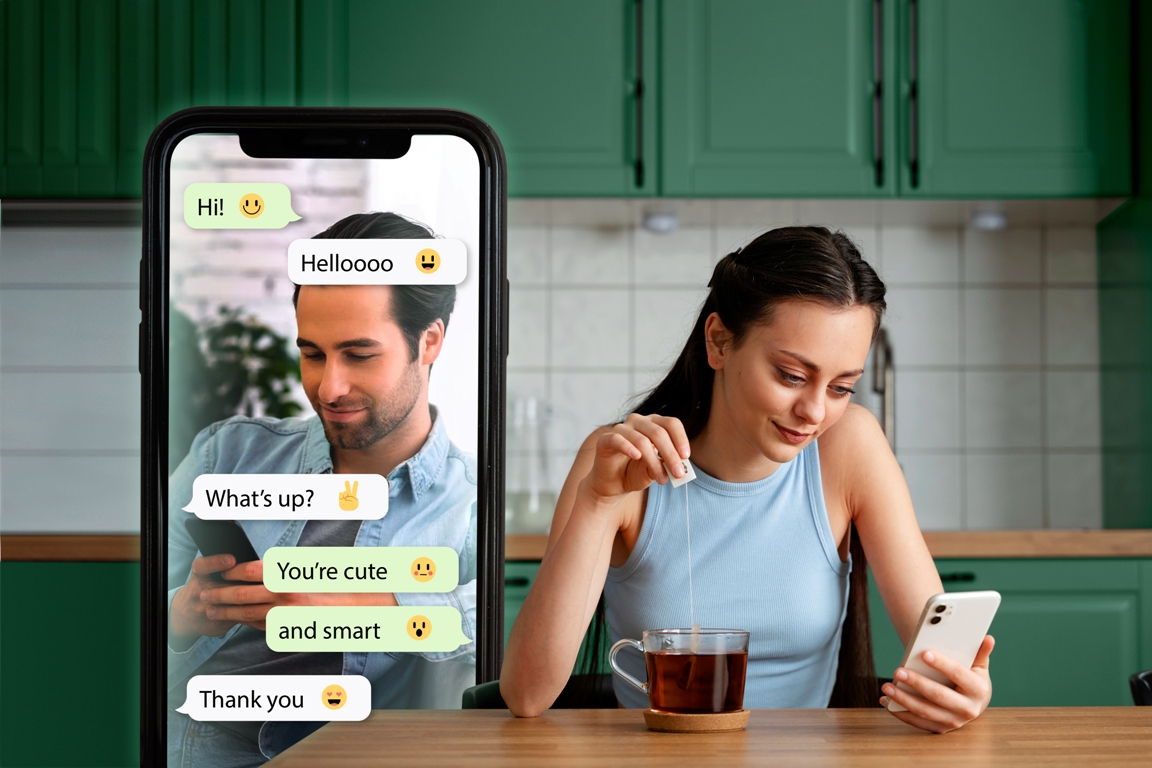Why Dating Apps Don’t Work: Exploring the Pitfalls and Realities
1. The Illusion of Choice
Dating apps have undoubtedly transformed the way we approach relationships in the modern era. With a plethora of options available at our fingertips, it’s easy to fall into the trap of believing that more choices equate to better outcomes. However, the reality often paints a different picture.
Exploring the Paradox
Research has shown that an abundance of choices can lead to decision paralysis and dissatisfaction. In the context of dating apps, this means that users may find themselves overwhelmed by the sheer number of profiles to sift through, ultimately leading to frustration and disillusionment.
The Downside of Endless Swiping
Endless swiping can create a sense of unfulfillment as users struggle to find meaningful connections amidst the sea of options. This phenomenon, known as the paradox of choice, highlights the limitations of dating apps in fostering genuine relationships.
Case Study: Sarah’s Experience
Consider Sarah, a young professional who initially embraced dating apps as a convenient way to meet new people. However, as she delved deeper into the world of online dating, she found herself overwhelmed by the endless stream of profiles, each seemingly more superficial than the last. Despite her efforts, Sarah struggled to find someone she truly connected with, leading her to question the efficacy of dating apps.

2. Superficiality and Unrealistic Expectations
One of the inherent drawbacks of dating apps lies in their emphasis on superficial traits and appearances. In a digital landscape where first impressions are based solely on profile pictures and brief bios, it’s easy for users to fall into the trap of judging potential partners solely on surface-level attributes.
The Rise of Filter Culture
The proliferation of photo editing tools and filters has only exacerbated this issue, allowing users to present an idealized version of themselves to the world. As a result, the gap between online personas and real-life identities has widened, leading to unrealistic expectations and disappointment.
Managing Expectations
It’s essential for users to approach dating apps with a critical mindset, recognizing that appearances can be deceiving. While physical attraction certainly plays a role in romantic connections, true compatibility extends beyond superficial traits, which is why dating apps don’t work.

3. Lack of Authenticity and Trust Issues
One of the most significant challenges facing dating apps is the prevalence of catfishing and deceptive behavior. Despite efforts to verify user identities, many platforms struggle to weed out fake profiles and malicious users, leading to a lack of trust among their user base.
The Catfishing Epidemic
Catfishing, the act of creating a fake persona to deceive others online, remains a pervasive issue in the world of dating apps. From stolen photos to elaborate lies, catfishers prey on unsuspecting users, eroding trust and tarnishing the reputation of dating platforms.
Addressing Authenticity Concerns
Some dating apps have implemented measures to combat catfishing, such as photo verification and account authentication procedures. While these efforts are commendable, they are not foolproof, and many users remain wary of falling victim to deceit.
Building Trust Through Transparency
Transparency is key to fostering trust in online interactions. Dating apps that prioritize honesty and accountability are more likely to earn the trust of their users, leading to more meaningful connections and positive experiences.

4. Algorithmic Limitations and Biases
Behind the scenes of every dating app lies a complex algorithm designed to match users based on compatibility and preferences. While these algorithms aim to improve the user experience, they are not without their flaws.
The Problem with Algorithms
Algorithms are inherently biased, reflecting the preferences and assumptions of their creators. As a result, certain groups may be unfairly marginalized or excluded from potential matches, perpetuating existing societal inequalities.
Unintended Consequences
Furthermore, algorithms may inadvertently reinforce stereotypes and perpetuate harmful biases. For example, a dating app algorithm that prioritizes certain physical attributes may inadvertently perpetuate beauty standards and marginalize users who do not fit these norms.
Navigating Algorithmic Dating
While algorithms play a crucial role in the functioning of dating apps, users should approach them with a critical eye. It’s essential to recognize the limitations of algorithmic matching and to prioritize genuine connections over algorithmically generated suggestions.

5. Psychological Effects of Rejection and Ghosting
One of the most challenging aspects of online dating, and a reason why dating apps don’t work, is navigating the emotional toll of rejection and ghosting. In a digital landscape where interactions can be fleeting and superficial, the impact of these experiences can be profound.
The Sting of Rejection
Rejection is a natural part of the dating process, but it can take a significant toll on our self-esteem and mental well-being. Whether it’s being unmatched on a dating app or receiving a lukewarm response to a message, rejection can leave us feeling vulnerable and disheartened.
The Phenomenon of Ghosting
Ghosting, the act of abruptly cutting off communication with someone without explanation, has become increasingly common in online dating. This sudden disappearance can leave the recipient feeling confused, hurt, and questioning their worth.
Coping Strategies
It’s important to develop healthy coping strategies to navigate the ups and downs of online dating. Whether it’s seeking support from friends and loved ones or practicing self-care activities, finding ways to nurture your mental well-being is essential.

6. Time and Effort Investment vs. Results
One of the criticisms often leveled against dating apps is the perceived imbalance between the time and effort invested and the results obtained. Despite swiping through countless profiles and engaging in endless conversations, many users find themselves no closer to finding a meaningful connection.
The Dating App Dilemma
Dating apps require a significant investment of time and energy, from crafting the perfect profile to engaging in small talk with potential matches. However, for many users, this investment fails to translate into meaningful relationships, leading to frustration and burnout.
Exploring Alternatives
For those disillusioned with the dating app scene, exploring alternative avenues for meeting potential partners may be worth considering. Whether it’s joining hobby groups, attending social events, or seeking out matchmaking services, there are plenty of offline opportunities to connect with like-minded individuals.
7. Success Stories vs. Reality
Despite the myriad challenges associated with dating apps, success stories abound in the digital realm. From tales of whirlwind romances to long-lasting partnerships, these narratives serve as a beacon of hope for those navigating the complexities of online dating, shedding light on why dating apps don’t work.
The Myth of the Fairy Tale Ending
While success stories may dominate the narrative surrounding dating apps, they often overshadow the harsh realities faced by many users. For every happily-ever-after, there are countless tales of disappointment, rejection, and heartache.
Navigating the Gray Area
It’s essential to approach success stories with a critical eye, recognizing that they represent only a fraction of the overall dating app experience. By acknowledging the complexities and nuances of online dating, users can better manage their expectations and avoid falling prey to unrealistic fantasies.

Frequently Asked Questions
Why do dating apps fail?
Dating apps can fail due to various reasons, including the illusion of choice, superficiality, lack of authenticity, algorithmic limitations, and the psychological impact of rejection and ghosting.
Are dating apps bad for mental health?
While dating apps can provide opportunities for connection, they can also negatively impact mental health, leading to feelings of inadequacy, anxiety, and depression, particularly in cases of rejection and ghosting.
Can you find love on dating apps?
While it’s possible to find love on dating apps, success is not guaranteed. The key lies in managing expectations, prioritizing authenticity, and being open to alternative avenues for meeting potential partners.
What are the alternatives to dating apps?
Alternatives to dating apps include joining hobby groups, attending social events, seeking out matchmaking services, and exploring offline opportunities for meeting like-minded individuals.
How do dating apps make money?
Dating apps typically generate revenue through a combination of subscription fees, in-app purchases, premium features, and advertising partnerships.








Leave a Comment